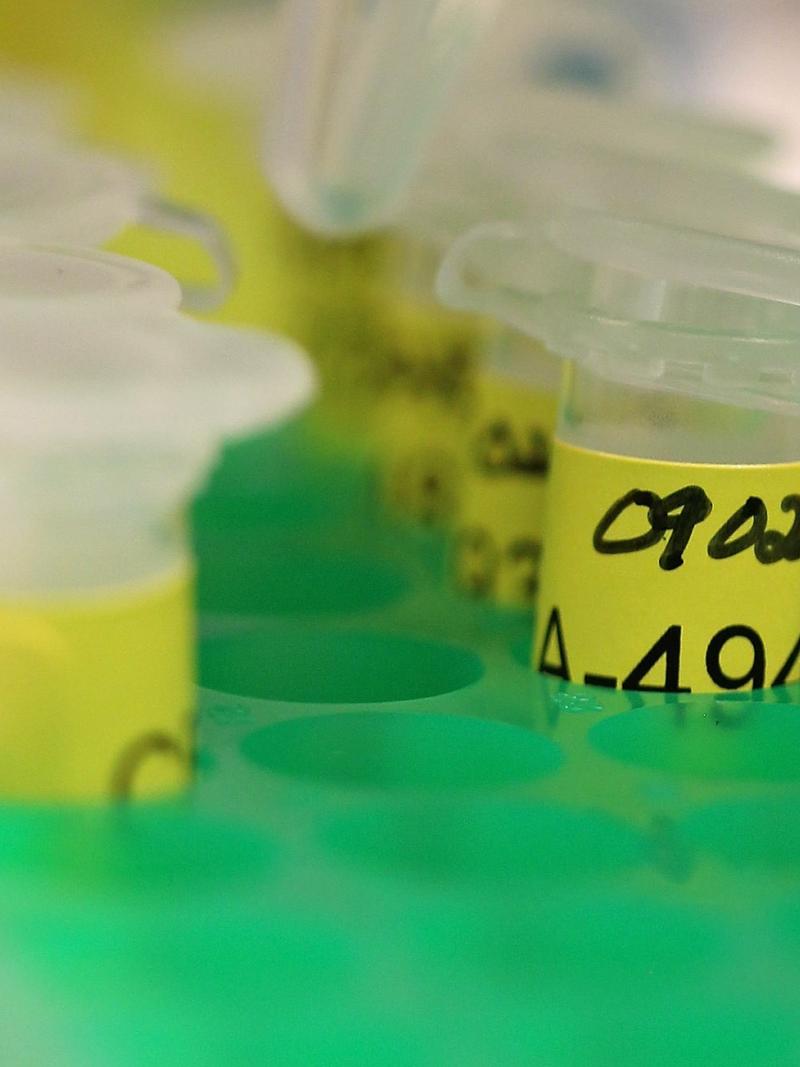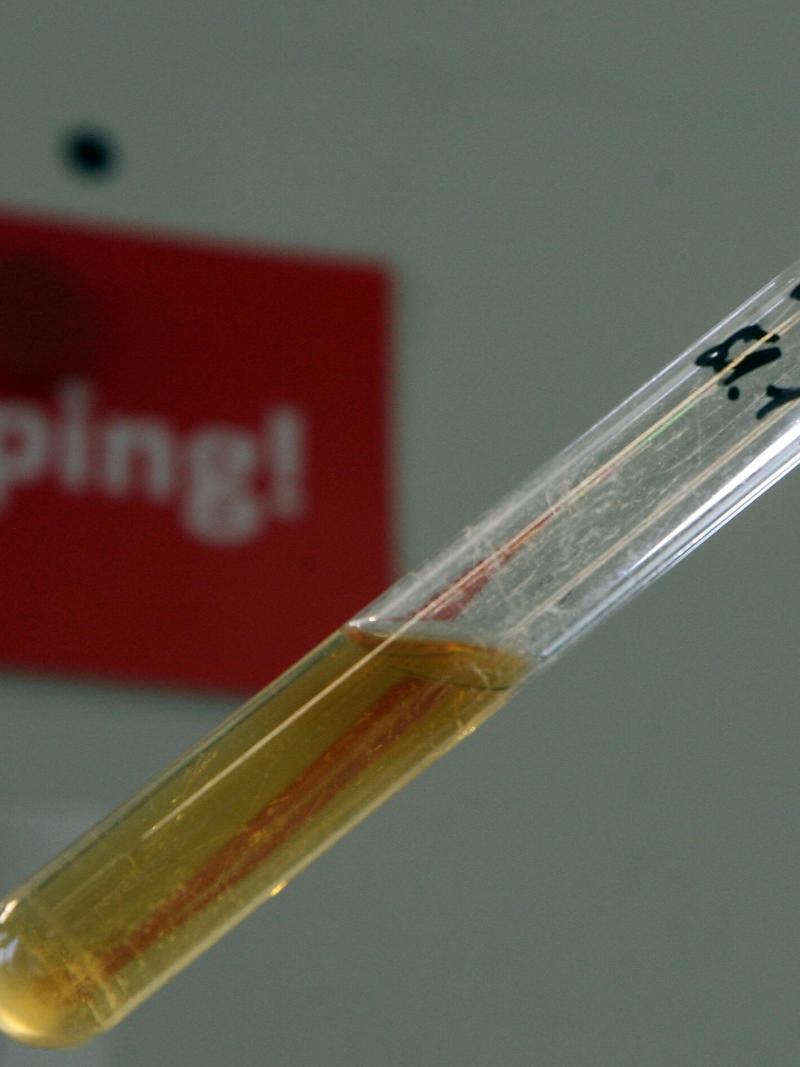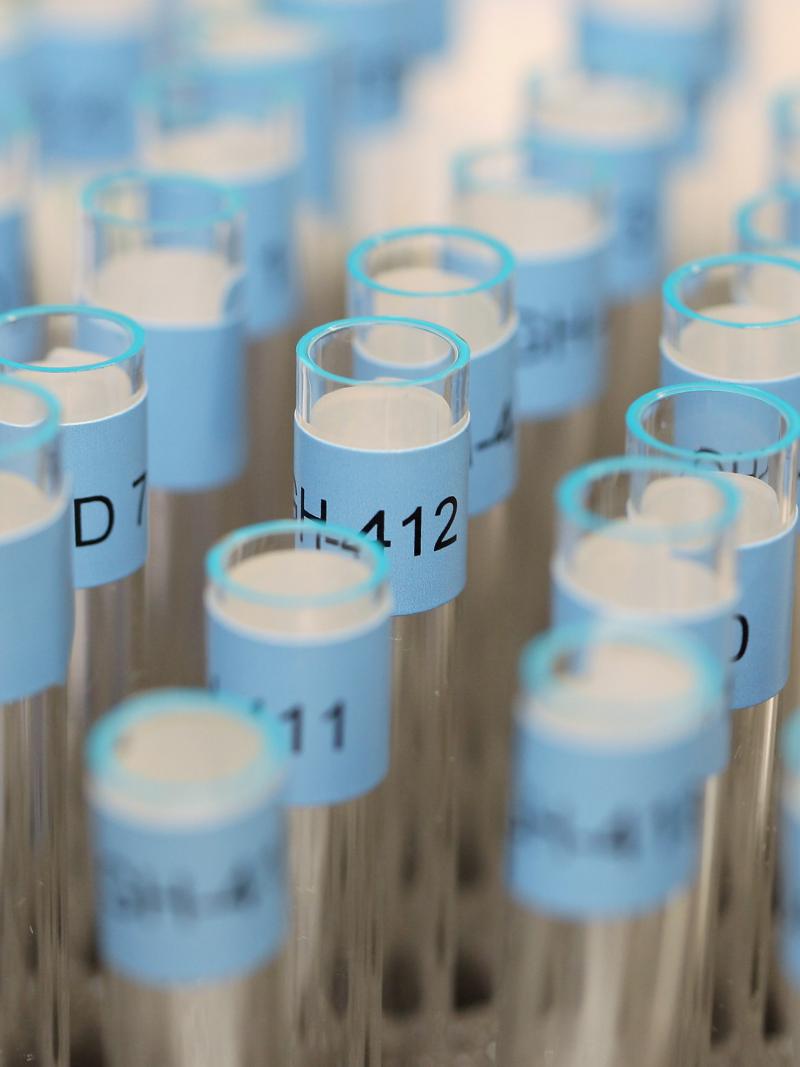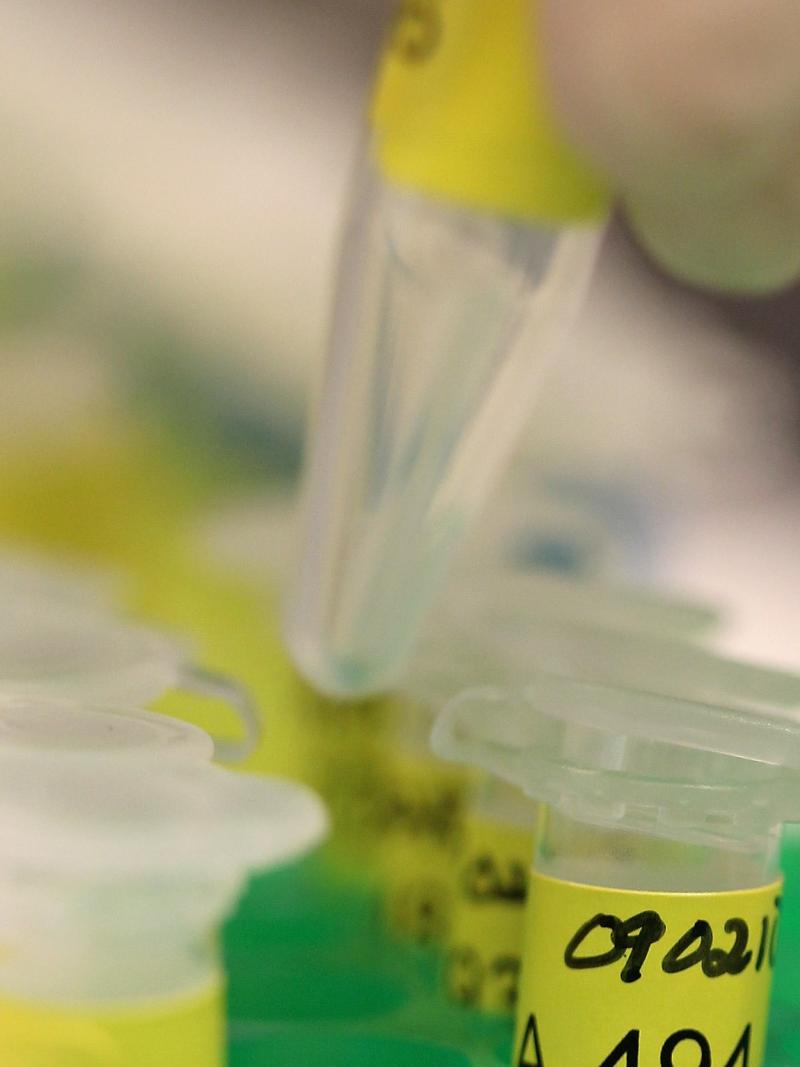Spanish athlete Amdou Diallo Diouf in anti-doping rule violation
- International Paralympic Committee has referred the matter to the International Wheelchair Basketball Federation for them to determine further sanction 20 Dec 2021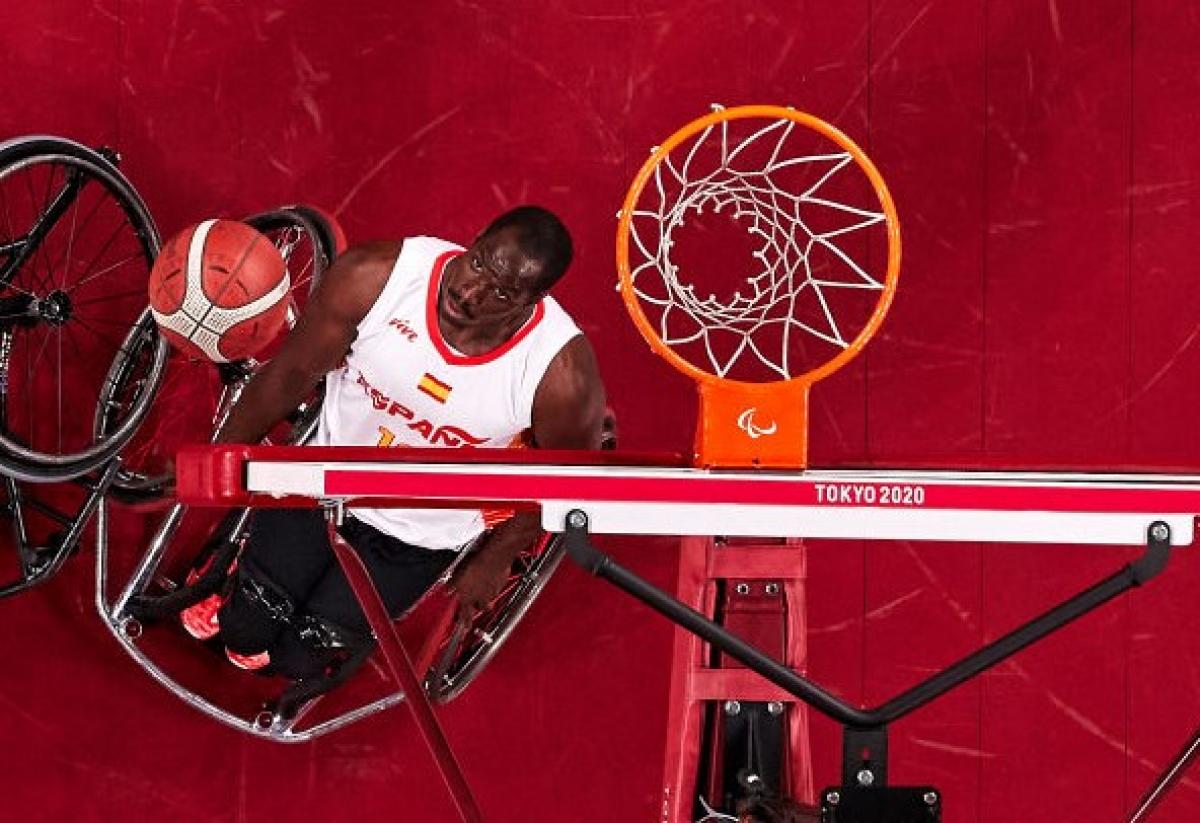
The International Paralympic Committee (IPC) has disqualified Spanish Wheelchair Basketball Player Amadou Diallo Diouf from the Tokyo 2020 Paralympic Games, after he committed an anti-doping rule violation (ADRV).
As the organisers of the Tokyo 2020 Paralympic Games, the IPC was responsible for determining whether an ADRV had occurred when the athlete failed a doping control test.
The athlete returned an adverse analytical finding for a prohibited substance in a urine sample provided on 5 September 2021 at the Tokyo 2020 Paralympic Games. The substance was Sibutramine metabolites, which is included on the World Anti-Doping Agency (WADA) 2021 Prohibited List under the class S6 Stimulants.
The IPC will now refer the matter to the International Wheelchair Basketball Federation (IWBF) – it is for them as the International Federation to determine the sanction for the athlete, including any period of ineligibility.
As a result of his violation, the Athlete’s individual results obtained at the Tokyo 2020 Paralympic Games, including any awards received by the Athlete in the relevant Competition, are subject to disqualification, with all resulting consequences including forfeiture of any medals, points or prizes. According to the rules, should more than two members of the athlete’s team be found to have committed an ADRV, an additional sanction can be imposed on the team. This is however not the case for the Spanish basketball team and their results will not be affected as a result of this ADRV.
Each athlete is strictly liable for the substances found in his or her sample. An ADRV occurs whenever a prohibited substance (or its metabolites or markers) is found in his or her bodily specimen, whether or not the athlete intentionally or unintentionally used a prohibited substance or was negligent or otherwise at fault.
As a signatory of the WADC, the IPC remains committed to a doping-free sporting environment at all levels. The IPC, together with the International Federations and the National Paralympic Committees, established the IPC Anti-Doping Code (ADC) to prevent doping in sport for Paralympic athletes, in the spirit of fair play. The IPC ADC is in conformity with the general principles of the WADC.





